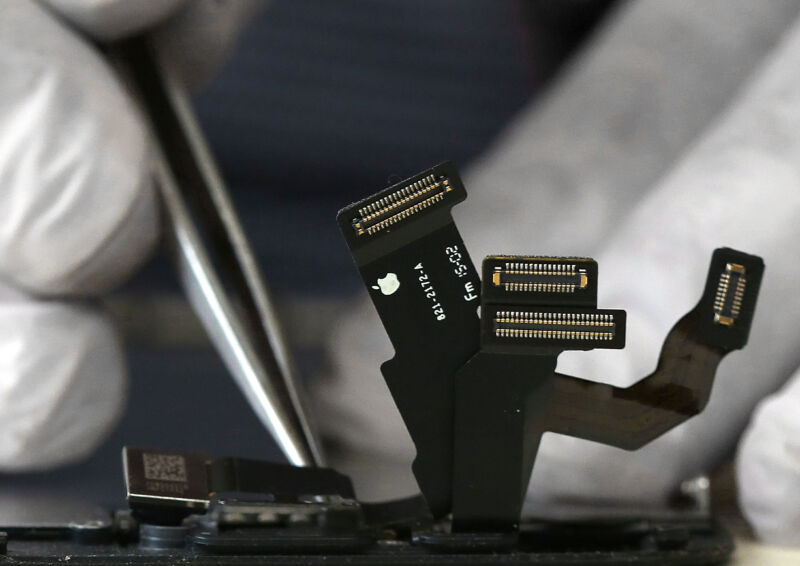Oregon Governor Tina Kotek today signed the state’s Right to Repair Act, which will push manufacturers to provide more repair options for their products than any other state so far.
The law, like those passed in New York, California, and Minnesota, will require many manufacturers to provide the same parts, tools, and documentation to individuals and repair shops that they provide to their own repair teams.
But Oregon’s bill goes further, preventing companies from implementing schemes that require parts to be verified through encrypted software checks before they will function. Known as parts pairing or serialization, Oregon’s bill, SB 1596, is the first in the nation to target that practice. Oregon State Senator Janeen Sollman (D) and Representative Courtney Neron (D) sponsored and pushed the bill in the state senate and legislature.
“By eliminating manufacturer restrictions, the Right to Repair will make it easier for Oregonians to keep their personal electronics running,” said Charlie Fisher, director of Oregon’s chapter of the Public Interest Research Group (PIRG), in a statement. “That will conserve precious natural resources and prevent waste. It’s a refreshing alternative to a ‘throwaway’ system that treats everything as disposable.”
Oregon’s bill isn’t stronger in every regard. For one, there is no set number of years for a manufacturer to support a device with repair support. Parts pairing is prohibited only on devices sold in 2025 and later. And there are carve-outs for certain kinds of electronics and devices, including video game consoles, medical devices, HVAC systems, motor vehicles, and—as with other states—”electric toothbrushes.”
Apple opposed the Oregon repair bill for its parts-pairing ban. John Perry, a senior manager for secure design at Apple, testified at a February hearing in Oregon that the pairing restriction would “undermine the security, safety, and privacy of Oregonians by forcing device manufacturers to allow the use of parts of unknown origin in consumer devices.”
Apple surprised many observers with its support for California’s repair bill in 2023, though it did so after pressing for repair providers to mention when they use “non-genuine or used” components, and to bar repair providers from disabling security features.
According to Consumer Reports, which lobbied and testified in support of Oregon’s bill, the repair laws passed in four states now cover nearly 70 million people.

